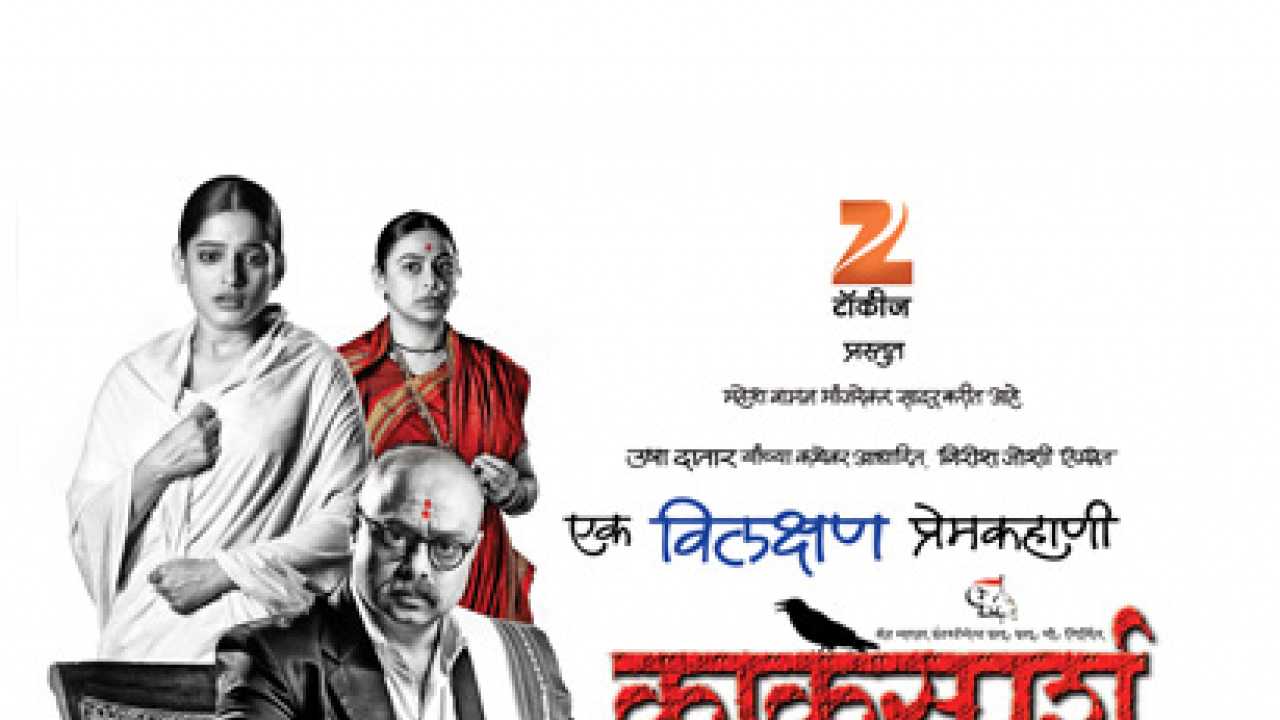Reported By: | Edited By: Shakti Salgaokar |Source: DNA |Updated: Nov 21, 2013, 01:44 PM IST
| Edited By: Shakti Salgaokar |Source: DNA |Updated: Nov 21, 2013, 01:44 PM IST
Film: Kakasparsh (Marathi)
Director: Mahesh Manjrekar
Cast: Sachin Khedekar, Medha Manjrekar, Ketaki Mategaonkar, Priya Bapat
Rating: **
Be it Marathi theatre, Marathi cinema or Hindi cinema, Mahesh Manjrekar has always broken norms. When a director has to his credit a gangster flick like Vaastav and then goes out and makes a film like Astitva that burns you with its tenderness and then revives Marathi cinema as a producer with a much-needed shot in the arm at an unexpected time, you expect his directorial magnum opus to be well above expectations. Does Kakasparsh have what it takes to be Mahesh Manjrekar’s magnum opus? I don’t think so.
The story, the PR machinery tells us, is set around 1935. The film doesn’t spell out the exact era, but we know that this is the pre-Independence Maharashtra where young girls are married off, widows have clean-shaven heads and the community disowns anyone who goes against the customs or traditions. The story, by Usha Datar which was earlier adapted into a Marathi play, is quite simple. Haridada (Sachin Khedekar) is like a father to his younger brother Mahadev. Mahadev is to be married to Durga (Ketaki Mategaonkar) a spunky young girl who mistakes Haridada to be the groom. Tragedy befalls the family as Durga, renamed Uma by her husband, is widowed on her first night with Mahadev.
In a custom that is a part of Hindu last rites, 'pinda' — a ball of rice and black sesame seeds — is offered to crows who are believed to be a medium to reach the dead and the crow touching this ‘pinda’ is considered to be a sign of the departed soul being at peace. As Hari waits in the scorching sun for the crows to descend upon the ‘pinda’, he murmurs something to the departed soul and Kakasparsh happens i.e., a crow descends upon the ‘pinda’.
Not knowing what losing her husband entails, Uma is terrorised by the thought of her hair being shaven off as per the custom. Hari decides to stand up for Uma. In doing so, the society looks down upon him and his reasons unknown, the society doubts his intentions.
At the heart of the story is the fact that Uma admires Hari and there are glances stolen at each other. Set against the backdrop of the freedom struggle, the story does make a multi-dimensional statement about the characters’ struggle to break free from what the society imposes on them in the name of religion. However, as the film progresses it gets into tedious sub-plots which make you feel exhausted by the end of it. While the story he deals with is essentially tender and the violence of the subject is at a very subtle level with its religious terror, Manjrekar brings in an element of obvious violence which takes away the essence of the film.
Some things — like the wood breaking scene after the protagonist has a fight with a close friend — one wishes Manjrekar didn’t make it so obvious.
Khedekar as the head of the family, whose internal fight is eating away at him, is rather convincing. Medha Manjrekar’s portrayal of Tara, the woman of the family leaves you spellbound. Mategaonkar who played an important role in the National award winner Shaala seems overtly conscious of her beauty throughout the first half. Bapat, who takes over as Uma in the second half fails to bring any dimension to the character.
Shetty’s camerawork is exceptional and the beauty with which he captures the essence of Konkan, be it the Vaada or the orchards, is breathtaking. Rahul Ranade’s music is soothing to the ear and extremely true to the flavor of the era the film is set in.
With most things falling into the right place, you are left feeling rather underwhelmed by the film that Manjrekar claims is one of his best works so far. Sure, Manjrekar has a powerful subject at hand, but one wishes he’d handled the subject with the same delicacy as he did Astitva. Instead, the film ends up being overtly pungent in places where it needs to be mild and leaves you wanting a change of palate.
